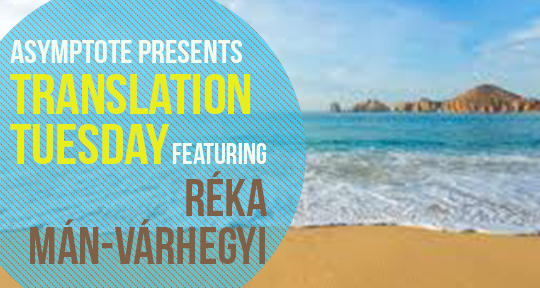With the arrival of spring comes a new slate of literary translations, festivals, and events all over the world. In Iran, we follow the sprouting of two new literary journals and several translations challenging the country’s censorship laws; in Hungary, we look forward to the 26th Budapest International Book Festival and the season of literary awards; and in Brazil, we discover a range of upcoming events celebrating such topics as independent publishing, the Portuguese language, and International Women’s Day.
Poupeh Missaghi, Editor-at-Large, reporting for Iran
March 20 marked the spring equinox, Nowruz (the Persian New Year), and the celebrations around it. To see the previous year off and welcome the new one, in addition to providing their readers with reading material for the holiday season, Iranian journals have long published special issues, each covering a range of diverse topics including, but not limited to: economy, philosophy, sports, film, and literature.




